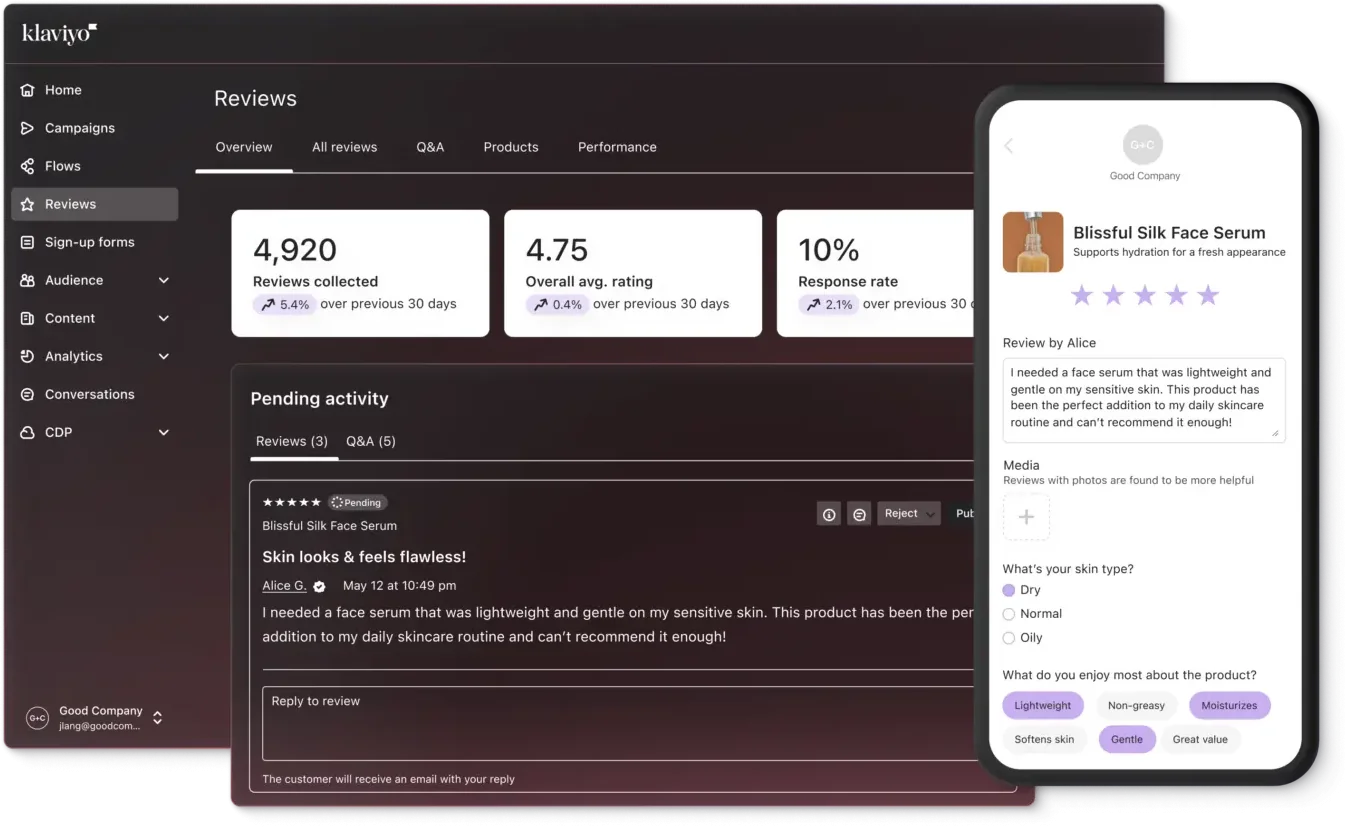Reputation Management
Key Inertia Metric (KIM): Average Customer Rating

Our reputation management engine prevents bad reviews, encourages good reviews, and provides a truly anonymous feedback system.
After a customer has paid their bill, we send them a link they can use to leave a review. If they rate their experience as positive, we provide all the tools they need to submit their review publicly to Google.
If they rate their experience as average or negative, we instead redirect them to a feedback form that goes straight to the owner. Their submission cannot be viewed, "lost," or edited by any staff member.
Together, these simple rules lead to more public 5 Star Reviews, one of our Key Inertia Metrics (KIMs).
Local Businesses Live and Die on Reviews
How We Leverage Reputation Management To Build Inertia
Like many of our other Key Inertia Metrics (KIMs), your public rating on Google directly impacts the price you pay for advertising. An advertiser with 500 reviews averaging 4.9 stars will pay a lower unit cost per ad than an advertiser with 15 reviews averaging 3.5 stars. In this scenario, maintaining a strong feedback pipeline that only mentions leaving a public review after the user has indicated a positive experience is a critical component to building, and maintaining, your marketing inertia.
Of course, there's a plethora of other benefits: providing social proof to new customers, encouraging repeat business, setting a high standard for quality for your employees, and so on. But those are hard to measure, so we'll stick to what we know for certain: good reviews reduce your advertising costs.